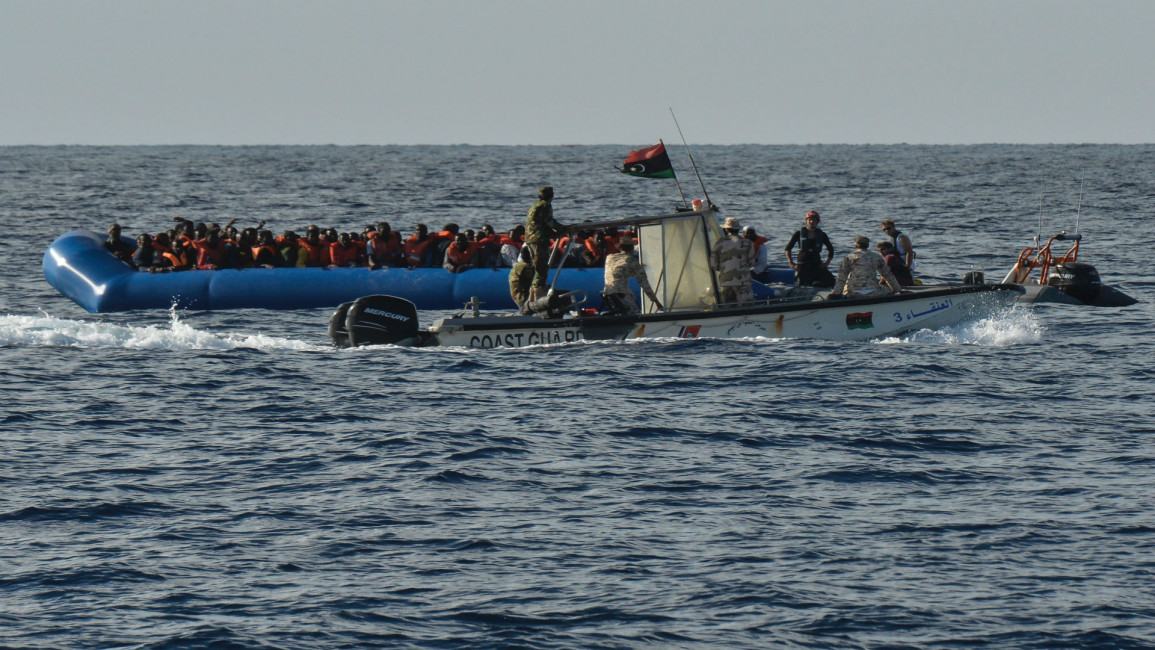Refugee children will suffer 'hellish conditions' after EU-Libya deal
Save the Children warned on Friday that the EU's plan to stop refugees leaving Libya will force children back to "hellish" conditions.
The children's rights charity believes that not enough is being done to improve conditions in Libyan detention centres - where human rights abuses are wide-spread and well known.
"Simply pushing desperate children back to a country which many describe as hell is not a solution," said Ester Asin, EU Advocacy Office Director for Save the Children in Brussels.
The EU's plan will see the Libyan government receive an extra €200 million ($215 million) to help boost its coastguard in order to stop the majority of migrants crossing the Mediterranean.
2016 was the deadliest year on record for migrant crossings in the Mediterranean, with the International Organization for Migration recording around 4900 deaths.
"What we see in our operations aren't smugglers, but extremely vulnerable people who have suffered horrific violence and exploitation in their country of origin, during their journey, and in Libya," said Rob MacGillivray, Director of Save the Children's Search and Rescue programme.
Refugees are routinely abused and killed in Libya, with numerous reports of discrimination and mistreatment emerging in recent months.
"Executions of countless migrants, torture, rapes, bribery and banishment to the desert are daily events," Germany's Welt am Sonntag quoted an internal report from the German embassy in Niger as saying.
As a result, many NGO workers and politicians want to see some guarantees that better care will be given for those migrants that will inevitably end up stuck in Libyan detention centres.
"The EU is yet again outsourcing its responsibility to protect the rights of migrants and refugees with no guarantees about what will happen to the many men, women and children after they have been returned to Libya," said Asin.



